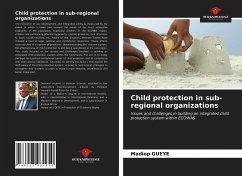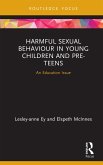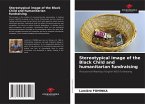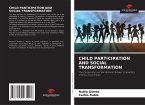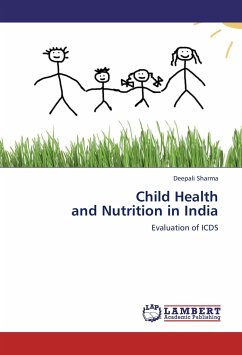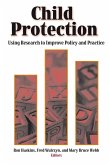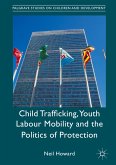The relevance of any development and integration policy is measured by the extent to which it takes into account the needs of the most vulnerable segments of the population, especially children. In the ECOWAS region, children are particularly affected by poverty, climate problems, lack of access to basic social services, etc. Aware of this situation, member States have initiated a host of legal, political and institutional responses. These efforts have resulted in a system of protection. Notwithstanding this nascent system, the effectiveness of child protection is still being questioned in the sub-region. This study focuses on the issues and challenges involved in building an integrated child protection system within the Community. The aim is to study the legal and political-institutional bases of child protection and its compliance with international standards. Secondly, to identify the factors that explain the inefficiency of the child protection system, in order to recommend strategies to strengthen this "system" in order to make it more effective, more holistic and better integrated.
Bitte wählen Sie Ihr Anliegen aus.
Rechnungen
Retourenschein anfordern
Bestellstatus
Storno

